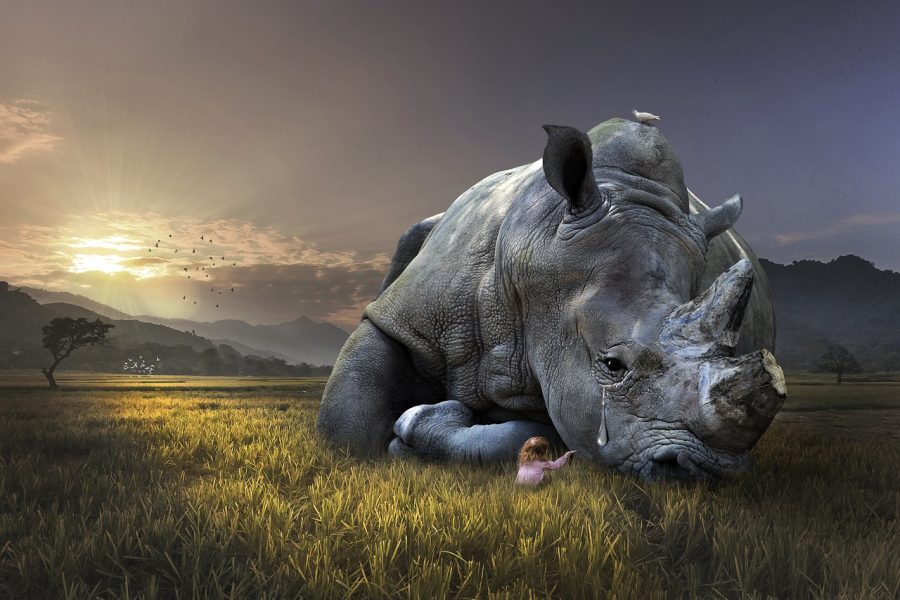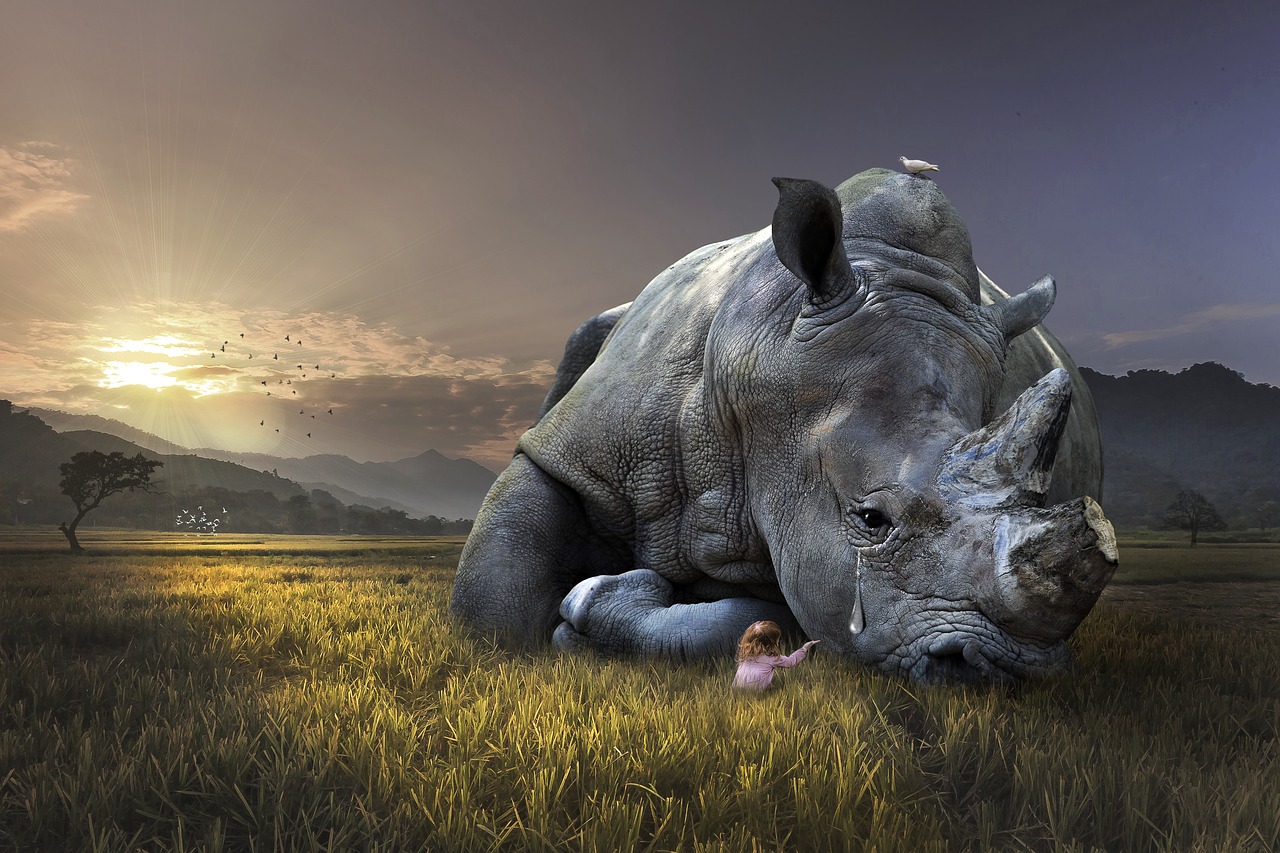
Vietnam Seizes 125 kg of Rhino Horns in Crackdown on Wildlife Trafficking
South African conservationists have welcomed news that Vietnam authorities have seized more than 125 kg of rhino horn in its crackdown on wildlife trafficking in Southeast Asia, although it is tragic that this is a reactive rather than proactive response to the demand for rhino horn. It’s too late for any rhino who were killed. […]

South African conservationists have welcomed news that Vietnam authorities have seized more than 125 kg of rhino horn in its crackdown on wildlife trafficking in Southeast Asia, although it is tragic that this is a reactive rather than proactive response to the demand for rhino horn. It’s too late for any rhino who were killed. (Not all the horns appear to be from poached rhino. Some look like they’re from dehorned rhino, which could mean that private rhino owners are illegally selling them.)

At this stage it is unsure which country the rhino horn was sourced from (although South Africa – where 80% of rhino live – is renowned as a poacher’s paradise).
Award-winning filmmaker Bonné de Bod* explained to SAPeople that the country of origin will only be determined once the DNA from the horns is tested against the RhODIS Database (Rhino DNA Indexing System)…”and that is if DNA samples from these horns were originally processed into the database”.
The rhino horns were found in suspicious packaging, hidden in plaster blocks that took over half a day to uncover, at Hanoi’s Noi Bai Airport, said Reuters. It had been shipped in cargo from the the United Arab Emirates on board an Etihad Airways flight, the customs department said in a statement.
During the filming of “Stroop: Journey into the rhino horn war“, De Bod and Susan Scott went undercover in Vietnam to expose the trade in rhino horn, which is illegal in the country (along with pangolin scales and elephant ivory).

They also interviewed a cancer patient, who – like many in Vietnam – mistakenly believes that rhino horn has medicinal value. An oncologist in Hanoi told De Bod that “despite her pleading with her patients not to use rhino horn, they still did… believing that combining western and eastern medicines would cure them from the scourge taking hold there.”
According to Big Game Parks there are only about 20,000 wild rhino left in Africa, and South Africa has lost over 8,000 to poaching since 2008.
De Bod told SAPeople: “Seizures are always welcome news – we have seen record seizures the past few months of various wildlife products. And although this is great work done by the various officials, it is a reactive approach.
“This means that in the case of a poached animal, the animal is dead. So better protection is needed at the source (proactive approach).
“Also, we have not seen arrests and convictions from these record breaking seizures – there has to be a follow-up and the criminals have to be brought to justice. Otherwise there is no point.
“In the case where the horn is not from a poached animal but from a dehorned rhino … this would mean that the horns came from either the government stockpile or private stockpile/s (private rhino farmers or managers at private reserves) indicating that more private rhino farmers are going the illegal route, selling horns illegally without the necessary permits.”
Authorities in Singapore last week said they seized a record haul of 8.8 tonnes of ivory – from almost 300 elephants – which was also headed to Vietnam.
* Bonné de Bod is an award winning television presenter and filmmaker of the
multiple award winning documentary feature film ‘STROOP – journey into the rhino
horn war’. She is now looking at air pollution as the subject matter for her next film
due for release in 2021.
